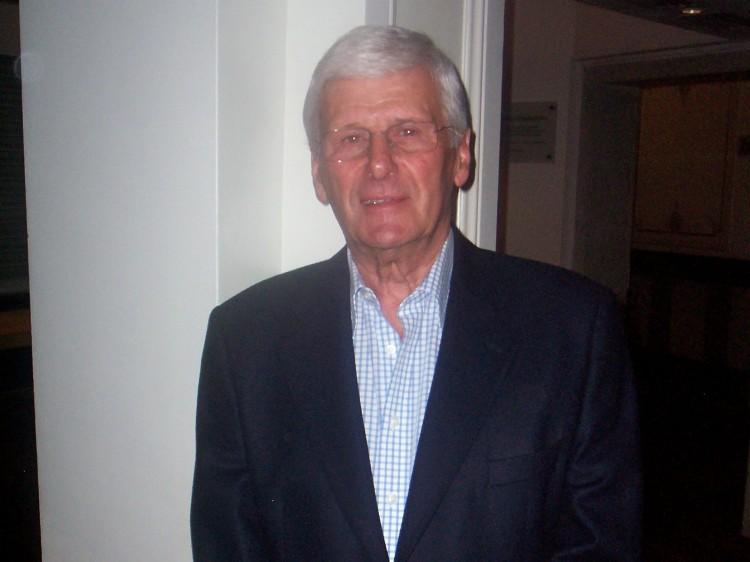Several publications in the medical community have recently raised eyebrows for their scrutiny of the pharmacological industry. There are various accusations.
Some say that every fourth clinical study—studies conducted to establish licensing and efficacy of new medications—is turned down. Others blame the industry for their efforts to market drugs with positive information. Still others blame the consumers who are expecting—and even demanding—more and more healing potential from new drugs.
Not only do consumers expect drugs to work well, they also expect them to work without severe side effects. They want them to be inexpensive as well as safe. Problems and limitations are, of course, inevitable.
To avoid side effects as much as possible, the pharmaceutical industry invests approximately US$950 million (730 million euro) for each new drug that comes on the market. According to the pharmaceutical company Novartis, only one out of two million substances that are tested will ultimately be licensed as a prescription drug. [...]
A study which provides negative results does not necessarily mean that a substance is ineffective. When any study cannot provide proof of efficacy, different factors must be considered. [...] It could be that the double-blind study sample was too small. Statisticians speak of a 20% probability. A larger sample size might yield a higher percentage.
This is where the pharmaceutical industry steps in: If a manufacturer is highly interested in producing the product, it might decide to finance further studies to examine the drug’s effectiveness more closely. One in five such attempts are successful in further establishing such efficacy. But, given this, the expectations for this new drug become a problem. If a medicine carried the disclaimer, “Efficacy not scientifically proven,” would you be willing to buy it? This, in itself, would undermine a patient’s confidence in the therapy prescribed by his or her physician. [...]
Pressure for Success and Public Opinion as Problems
Many people are heavily influenced by media articles that advocate, for instance, the anti-depressive drug Prozac. Most anti-depressants are only effective for profound depression and are without benefit in cases of mild depression. Nevertheless, more and more media articles tout this drug, and the manufacturers profit. Internal, unpublished memos never make it into the papers. Then, if an internal memo suddenly shows up in the media, many will cry, “Deception!”
There are also people who have unrealistic expectations for medications. Such expectations can lead to disappointment if honesty is not sacrificed, for medications are not an all-encompassing panacea. Science is merely a limited “bringer of healing.” The pharmaceutical industry cannot satisfy each and every consumer; thus, it is often given to secrecy.
To resolve these inevitable difficulties, the public must be educated to change its expectations. Not all medicines will work equally well for all people. At the same time, patients must have confidence in their physicians and in the efficacy of the medicines that are prescribed for them. [...]





